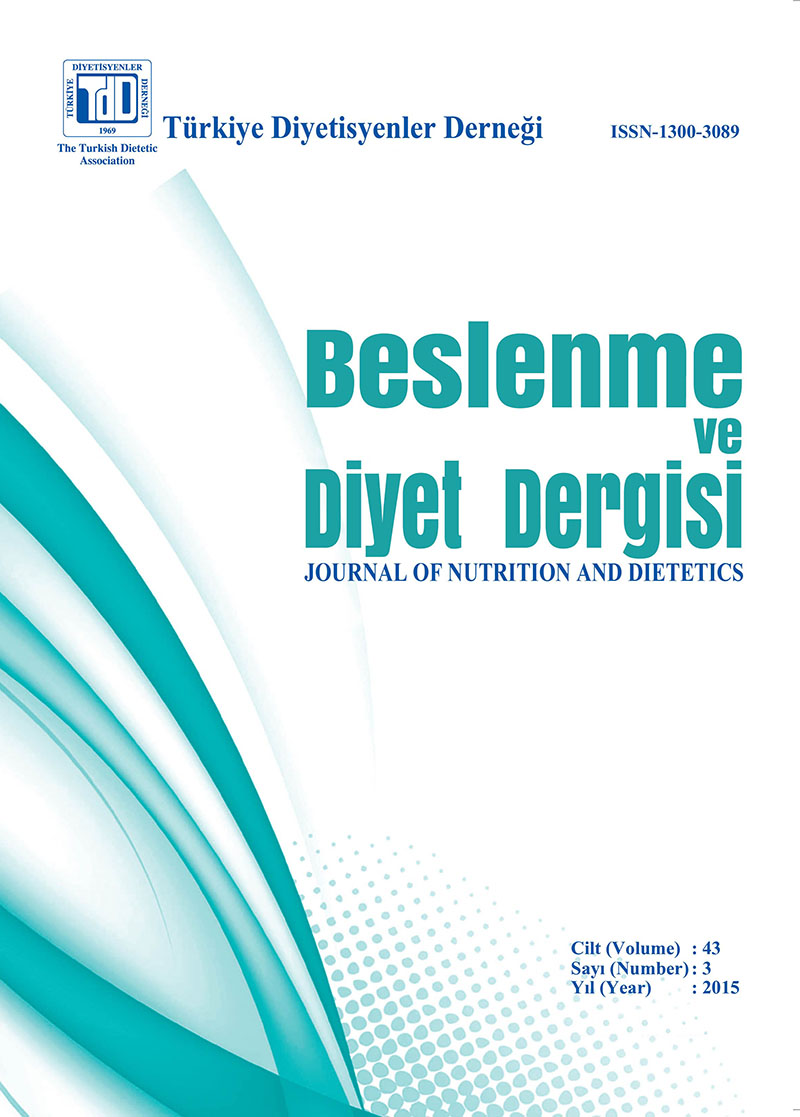A Study on Evaluation of Heavy Metal Contents of Extra Virgin Olive Oil Produced by Organic and Conventional Agricultural Methods in Turkey
Keywords:
Heavy metals, virgin olive and extra virgin olive oil, organic agricultureAbstract
Aim: The aim of this study was to determine the nickel (Ni), arsenic (As), cadmium (Cd) and lead (Pb) content of conventional or organically produced extra virgin olive oils from 12 different manufacturers in the Aegean and Marmara Region of Turkey. Every brand of olive oils that were used in this study manufactures both conventional and organic samples (12 different brands). Materials and Methods: After the collected 72 samples were digested in duplicate using the closed microwave digestion system, the heavy metal content of the samples were analysed with Inductively Coupled Plasma-Mass Spectrometer. Further statistical analyses (independent samples “t” test) were performed to examine the differences between organic and conventional samples. Results: Results showed that the 60Ni, 62Ni, 75As, 111Cd, 206Pb, 207Pb, 208Pb content of natural virgin olive oils was 193.87±10.47 ng/mL, 187.77±7.76 ng/ mL, 5.30±0.51 ng/mL, 3.32±2.23 ng/mL, 85.80±6.42 ng/mL, 83.20±5.67 ng/mL, 84.11±5.50 ng/mL and organically grown extra virgin olive oils was 165.18±35.40 ng/mL, 148.23±28.93 ng/mL, 5.45±0.39 ng/mL, 2.42±0.61 ng/mL, 39.09±6.42 ng/mL, 38.08±5.67 ng/mL, 38.24±0.98 ng/mL, respectively. Conclusion: As a result, there is no significant difference in the heavy metal levels of olive oils produced conventionally and organically, with the exception of Cd and Pb levels (p<0.05) and the content of other heavy metals exhibited variable results depending on the brand. These data indicated that the production and processing practices that were not applied in controlled conditions may influence the heavy metal levels of organically produced olive oils.

